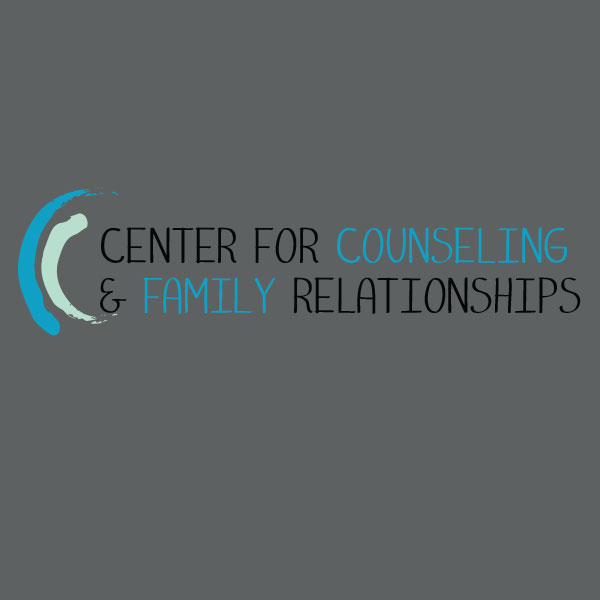
06 Apr Ethical Considerations in Treating Trauma
Cost: $90.00
Includes all necessary assessments to assess Burnout and Compassion Fatigue
Description:
The treatment of Trauma involves ethical considerations for both the mental health professionals and the client. Mental health professionals, who do not recognize or prevent Burnout and Compassion Fatigue in themselves or their colleagues, experience less fulfillment in their personal life and risk causing harm to clients. Acknowledging ethical considerations and personal moral decision-making models has benefits for both the mental health professional and the client in trauma
treatment.
Objectives:
- Describe the similarities and differences between Burnout and Compassion Fatigue
- Identify ways to prevent Burnout and Compassion Fatigue
- Discuss ethical considerations for clients in trauma treatment
- Explain 4 models of ethical decision making in trauma treatment
The Presenter:
Dr. Rhonda Johnson, LPC-S, LMFT-S, RPT-S, EMDR Certified, TBRI Practitioner
Dr. Johnson is the owner of a large group private practice, the Center for Counseling and Family Relationships, which was established in 2007. She has been working with children, adolescents, adults, couples, and families in private practice since 1999. Dr. Johnson became a TBRI Practitioner in 2011 for her specialty of working with children who have been adopted domestically or internationally, children in state foster care, and children who have experienced trauma.
Dr. Johnson is also the owner of CCFAM Training, established in 2012, specializing as a Live, Virtual, and Online CE provider with a focus on supervision, Texas Ethics, play therapy, and children who have experienced trauma. Through CCFAM Training, she also provides private practice coaching and consulting for mental health professionals in leadership and supervisory roles, as well as supervision for LPC, LMFT, and RPT. Dr. Johnson is also a teaching Fellow for B.H. Carroll Seminary.

